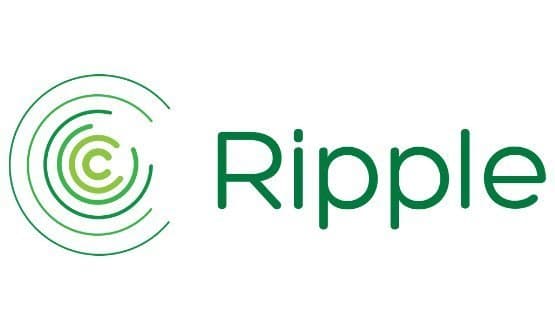Ripple provides integration support
- 21 September 2015

A new programme aims to support NHS organisations looking to develop an integrated digital care record using an open source model.
Ripple is a Leeds-based initiative launched earlier this year, to provide tools and information that can support NHS groups that want to integrate their patient records.
It is hosted by Leeds City Council and is supported by £1.35 million the council received as part of the Integrated Digital Care Fund Awards 2015.
Ripple’s clinical director is Tony Shannon, a veteran of the NHS IT world having served for five years as clinical consultant for the NHS Connecting for Health programme and later as chief clinical information officer at Leeds Teaching Hospitals NHS Trust.
Speaking to Digital Health News, he said that one of the drivers for the launch of Ripple was the desire to share learnings from the development of the Leeds Care Record, a shared record of patient information that is now live at 106 out of 107 GP practices in Leeds.
“We wanted to strengthen the position of Leeds as a record sharing area. But also to grow the community around what we are doing and share what we are doing with the rest of the NHS.”
The initial focus of Ripple is on working with NHS England’s integration pioneers, a community of 25 sites, including Leeds, identified as leading the way in addressing local barriers to delivering integrated care.
Explaining the way Ripple works, Shannon said that it operates under six different strands, the first three of which are “foundation” strands that deal with open requirements, open governance and open citizen.
As part of the open requirements strand, Ripple is working with the integration pioneers and NHS England to identify the common requirements and capabilities needed for an integrated care record. These aspects will be shared with all integration pioneers.
Open governance deals with standardising governance arrangements for the sharing of information across difference care settings. A practical outcome of this is the Plain English Guide to Information Sharing, which is based in part on learnings from the development of the Leeds Care Record.
The third foundation strand is citizen engagement, which collates the work done by integration pioneers to communicate effectively to the public about data sharing and build trust.
The remaining three stands deal more with the technological aspects of the project.
Open viewer is an open source care record viewer that is being developed based on the open requirements identified by the pioneers.
Open integration involves the development of an open source integration engine that can be connected to core clinical systems in order bring together different information into one place.
According to Shannon, this work is being done in collaboration with Endeavour Health, a healthcare IT charity set up by Emis founder David Stables to drive interoperability in the NHS.
The final strand, open architecture, is there to ensure that information repositories are built using international best practice openEHR so data can be shared more easily.
Emphasising the practical benefits of this work, Shannon said: “This is not about developing standards or documents that sit on shelves. This is real stuff you can see and touch.”
For Shannon, this open source, collaborative approach is especially important right now for the NHS due to its financial limitations and the increased focus on joining up all aspects of health and social care by 2020.
“We are under pressure to transform care by 2020. Unless people collaborate and cooperate in new ways they are just not going to make that. It’s not easy to do this at scale
“We think Ripple is as close to providing right means of catalysing and collaboration and cooperation that is now missing.”
Shannon also hopes the project can expand to gain insight from and give support to NHS initiatives outside the integration pioneers, including the 37 Vanguard sites trialling new models of care and clinical commissioning groups who are working on developing local digital roadmaps that detail how their local health economies will become paperless by 2020.




